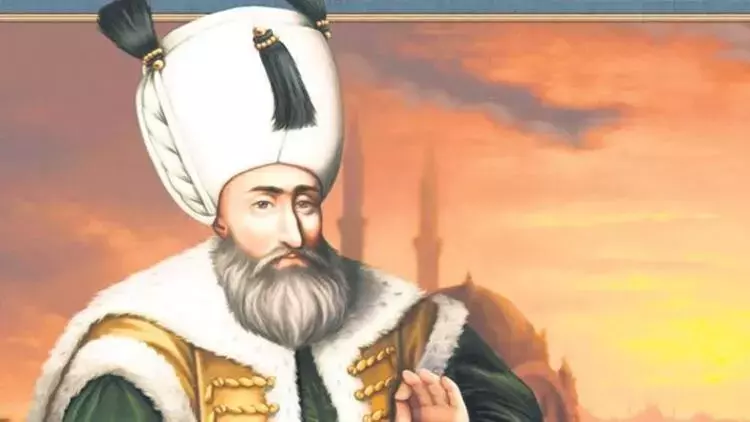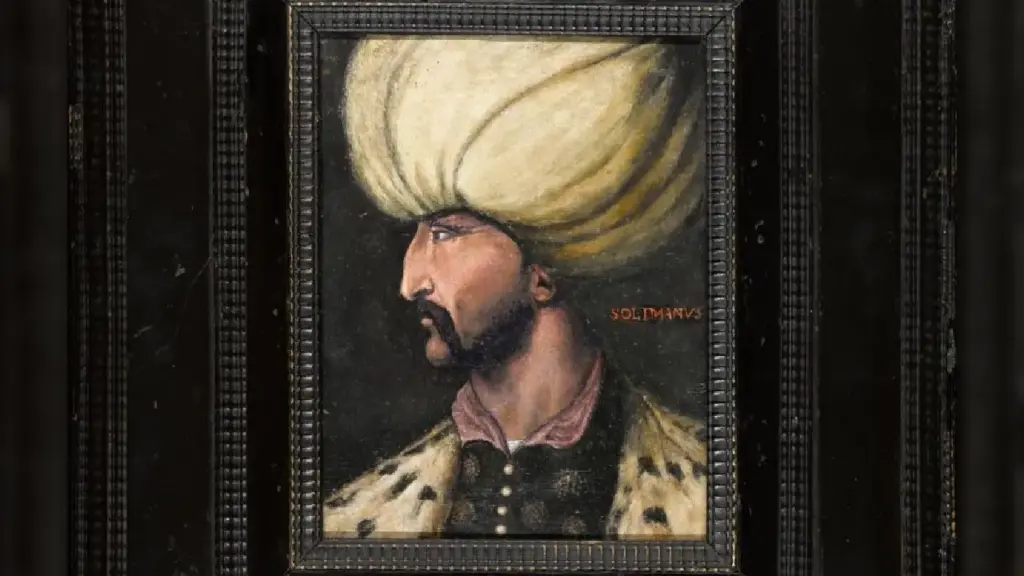The reign of Suleiman the Magnificent, one of the brightest periods of the Ottoman Empire, is full of conquests and victories. “
Places Conquered by Suleiman the Magnificent ” is of critical importance in terms of the expansion and strengthening of the Ottoman Empire. Suleiman the Magnificent expanded the Ottoman lands and brought the borders of the empire to the peak by making great conquests in both the east and the west. In this article, the places conquered by Suleiman the Magnificent will be discussed in detail. The Places Conquered by Suleiman the Magnificent show not only the military victories but also the cultural and political influences of the Ottoman Empire. The Places Conquered by Suleiman the Magnificent reveal that he was a great leader and commander. The places conquered by Suleiman the Magnificent are one of the periods when the Ottoman Empire reached its widest borders.
The Life and Reign of Suleiman the Magnificent
Suleiman the Magnificent was born in Trabzon in 1494 and ascended to the Ottoman throne in 1520. During his 46-year reign, he achieved many important military successes and brought the Ottoman Empire to its golden age. The title “Suleiman the Magnificent” symbolizes his just style of government and his success in organizing laws. However, Suleiman the Magnificent achieved great success not only in domestic affairs but also in foreign conquests.
Places Conquered by Suleiman the Magnificent
The places conquered by Suleiman the Magnificent demonstrate his military genius and strategic intelligence. Below is a detailed list and descriptions of the places conquered by Suleiman the Magnificent.
1. Belgrad
Suleiman the Magnificent conquered Belgrade (1521) in the early years of his reign. This conquest was of strategic importance for the Ottoman advancement in Europe. Belgrade came under the control of the Ottoman Empire as a gateway to Central Europe.
Conquest of Belgrade : This conquest, which took place in 1521, demonstrated the superior military capabilities of the Ottoman army. Belgrade consolidated the power of the Ottoman Empire in the Balkans.
2. Rhodes
Suleiman the Magnificent conquered Rhodes in 1522. Rhodes is an important island in the Mediterranean and increased the power of the Ottoman Empire at sea. This conquest shows the success and strategic superiority of the Ottoman navy.
Conquest of Rhodes : This conquest, which took place in 1522, demonstrated the power of the Ottoman navy and the military genius of Suleiman the Magnificent. Rhodes consolidated the Ottoman dominance in the Mediterranean.
3. Mohács
Suleiman the Magnificent conquered the Kingdom of Hungary by winning the Battle of Mohács in 1526. This victory increased the power of the Ottoman Empire in Central Europe and ensured the annexation of Budapest to Ottoman territory.
Battle of Mohács : This battle, which took place in 1526, resulted in the victory of the Ottoman army. The Victory of Mohács increased the influence of the Ottoman Empire in Central Europe.
4. Baghdad
Suleiman the Magnificent conquered Baghdad in 1534. Baghdad became one of the most important cities of the Ottoman Empire in the east. This conquest consolidated the Ottoman power in the east.
Conquest of Baghdad : This conquest, which took place in 1534, increased the influence of the Ottoman Empire in the east. Baghdad reinforced the strategic and cultural importance of the Ottoman Empire.
5. Tabriz and Nakhchivan
Suleiman the Magnificent conquered Tabriz and Nakhchivan during his campaigns against Iran in 1534-1535. These conquests expanded the eastern borders of the Ottoman Empire.
Conquest of Tabriz and Nakhchivan : These conquests increased the Ottoman pressure on Iran and consolidated its power in the east.
6. Tripoli
Suleiman the Magnificent conquered Tripoli (today’s Libya) in 1551. This conquest increased the Ottoman Empire’s dominance in North Africa.
Conquest of Tripoli : This conquest, which took place in 1551, consolidated the power of the Ottoman Empire in North Africa.
7. Yerevan
Suleiman the Magnificent conquered Yerevan in 1554. Yerevan became one of the important cities of the Ottoman Empire in the east.
Conquest of Yerevan : This conquest, which took place in 1554, increased the power of the Ottoman Empire in the east.
8. Szigetvar
Suleiman the Magnificent conquered Szigetvar in 1566. This conquest was the last campaign of Suleiman the Magnificent, and he died during the siege of Szigetvar.
Conquest of Szigetvar : This conquest, which took place in 1566, once again demonstrated the military genius of Suleiman the Magnificent.

Results of Suleiman the Magnificent’s Conquests
The lands conquered by Suleiman the Magnificent expanded the borders of the Ottoman Empire and increased the power of the empire. These conquests were not only military victories, but also had cultural and political effects. Suleiman the Magnificent spread Ottoman culture in the lands he conquered and increased Ottoman influence in these regions. In addition, Suleiman the Magnificent’s conquests opened trade routes between the East and the West and ensured the development of these routes.
The places that Suleiman the Magnificent conquered show that he was a great leader and military genius. These places are proof of his military successes and strategic intelligence. The places that Suleiman the Magnificent conquered were one of the periods when the Ottoman Empire reached its largest borders. The places that Suleiman the Magnificent conquered show not only his military victories but also the cultural and political influences of the Ottomans.
The places that Suleiman the Magnificent conquered were one of the periods when the Ottoman Empire reached its largest borders. The places that Suleiman the Magnificent conquered caused him to leave a great legacy. The information provided in this article about the places that Suleiman the Magnificent conquered will help you understand that he was a great leader and conqueror. The places that Suleiman the Magnificent conquered left an unforgettable mark throughout history. The places that Suleiman the Magnificent conquered are proof of his military genius and strategic intelligence.
